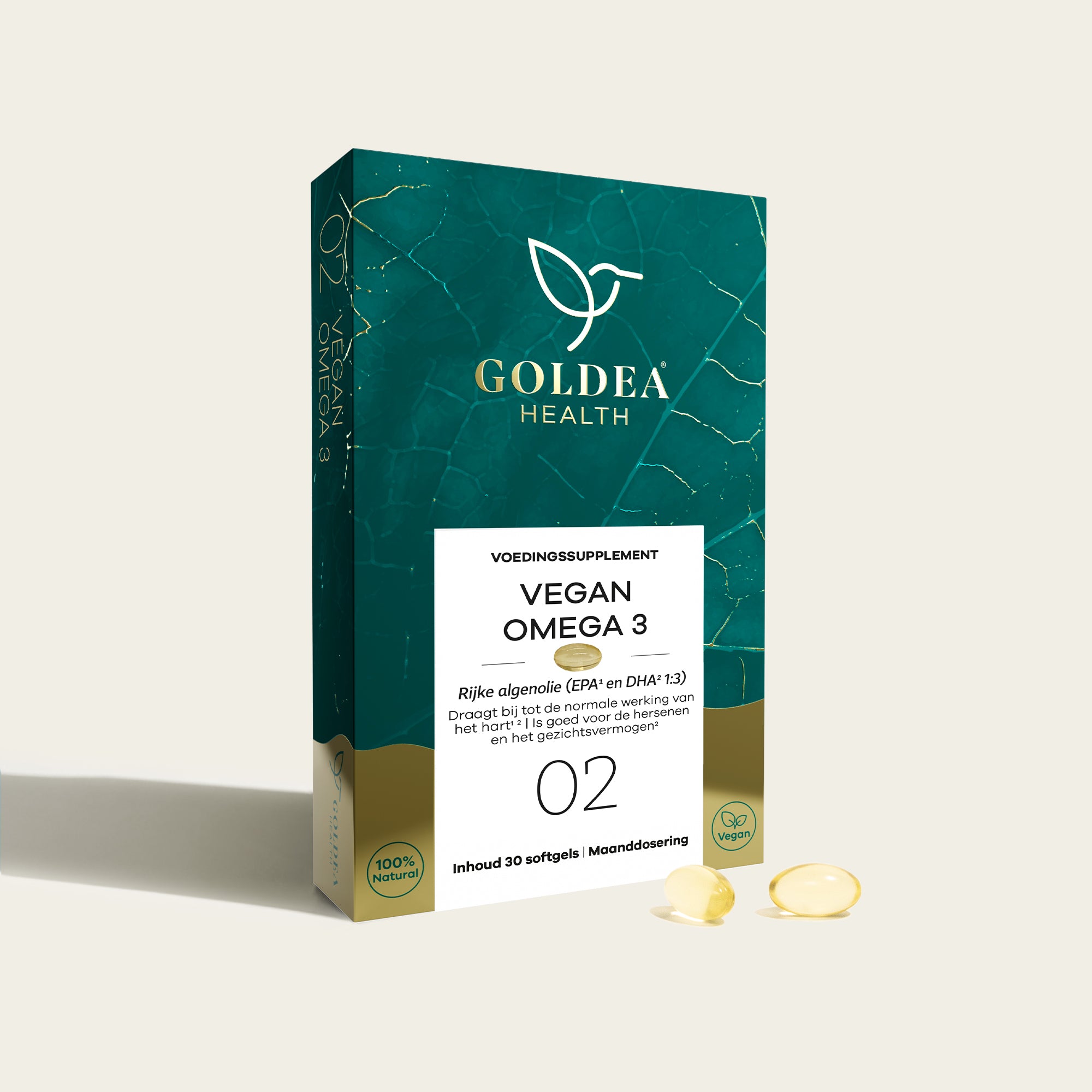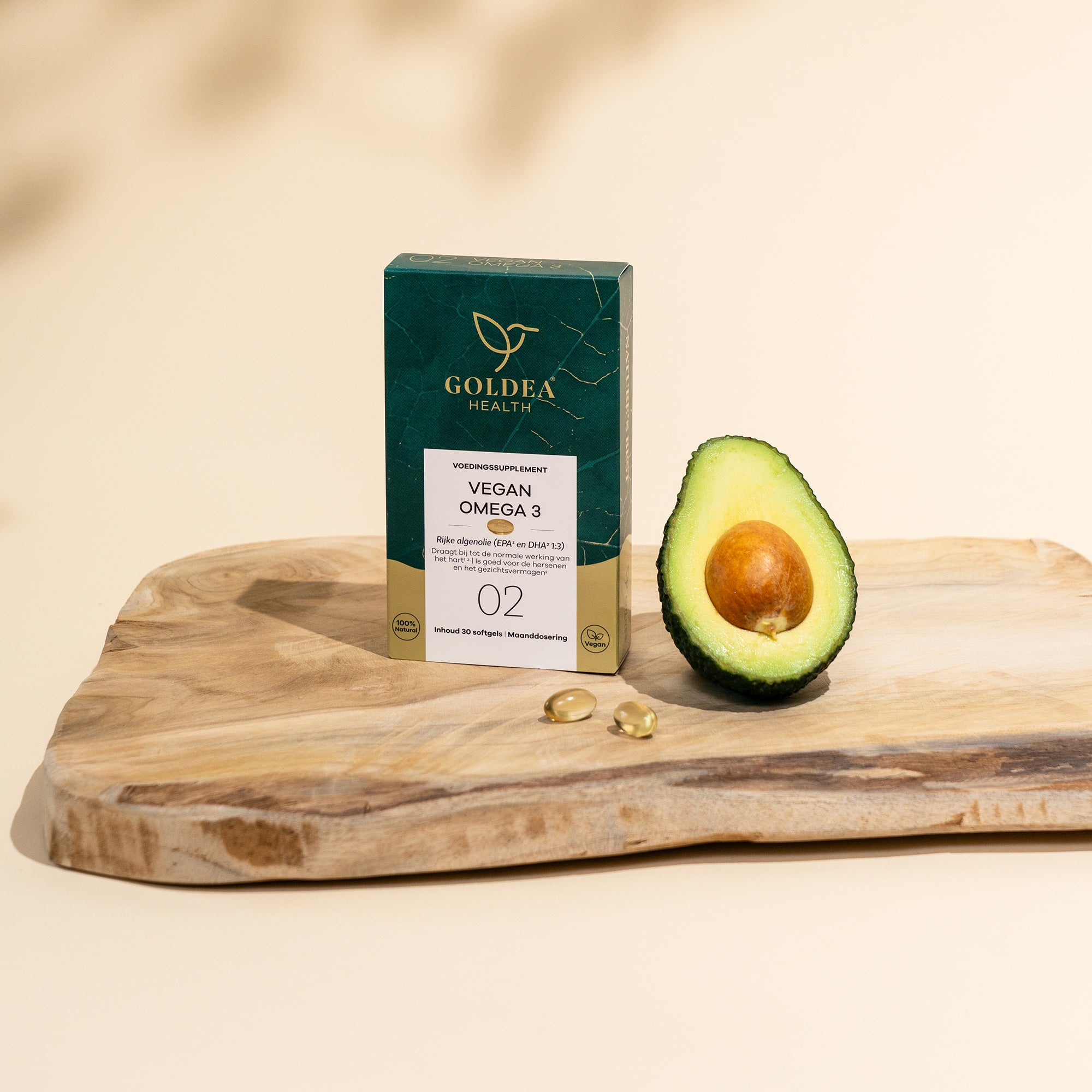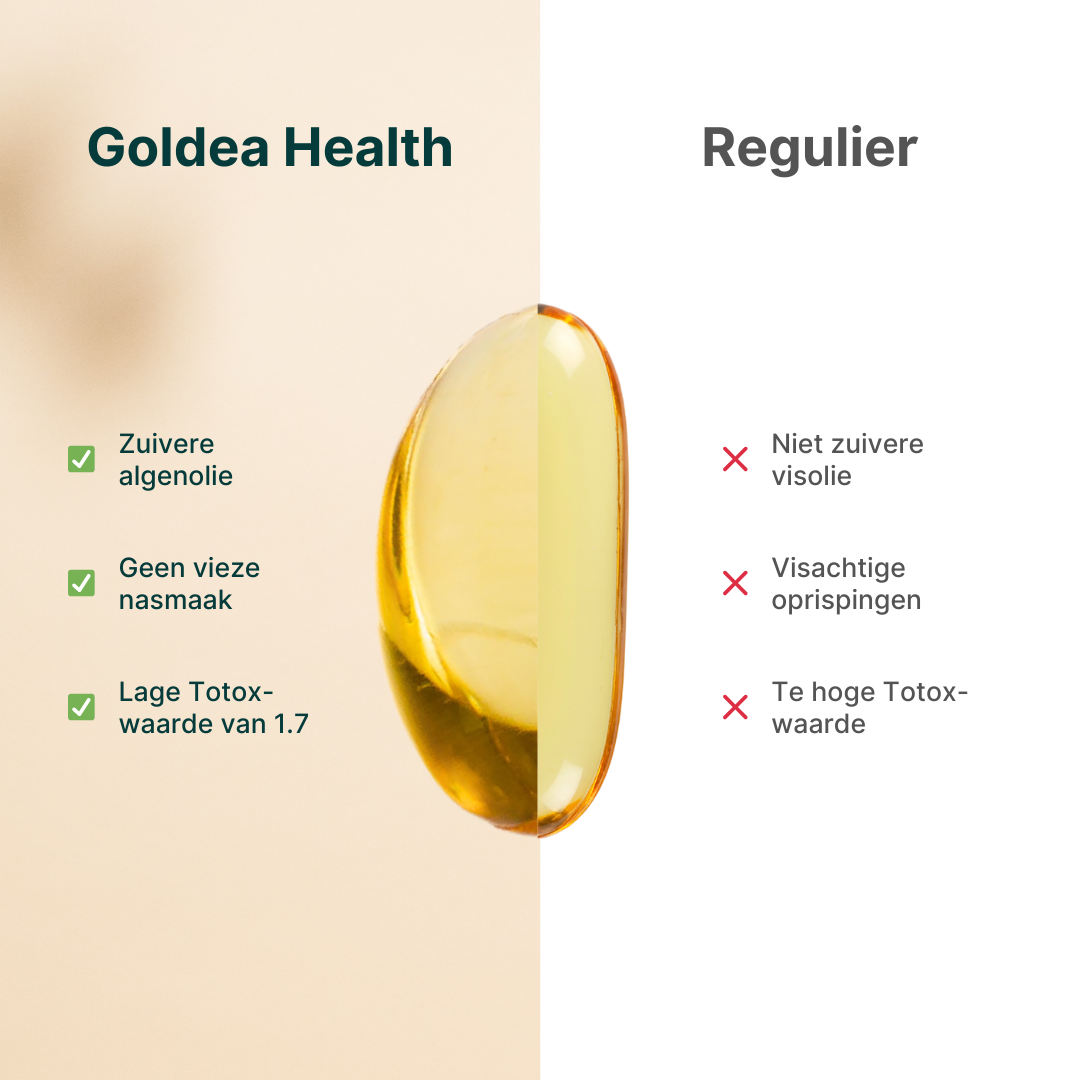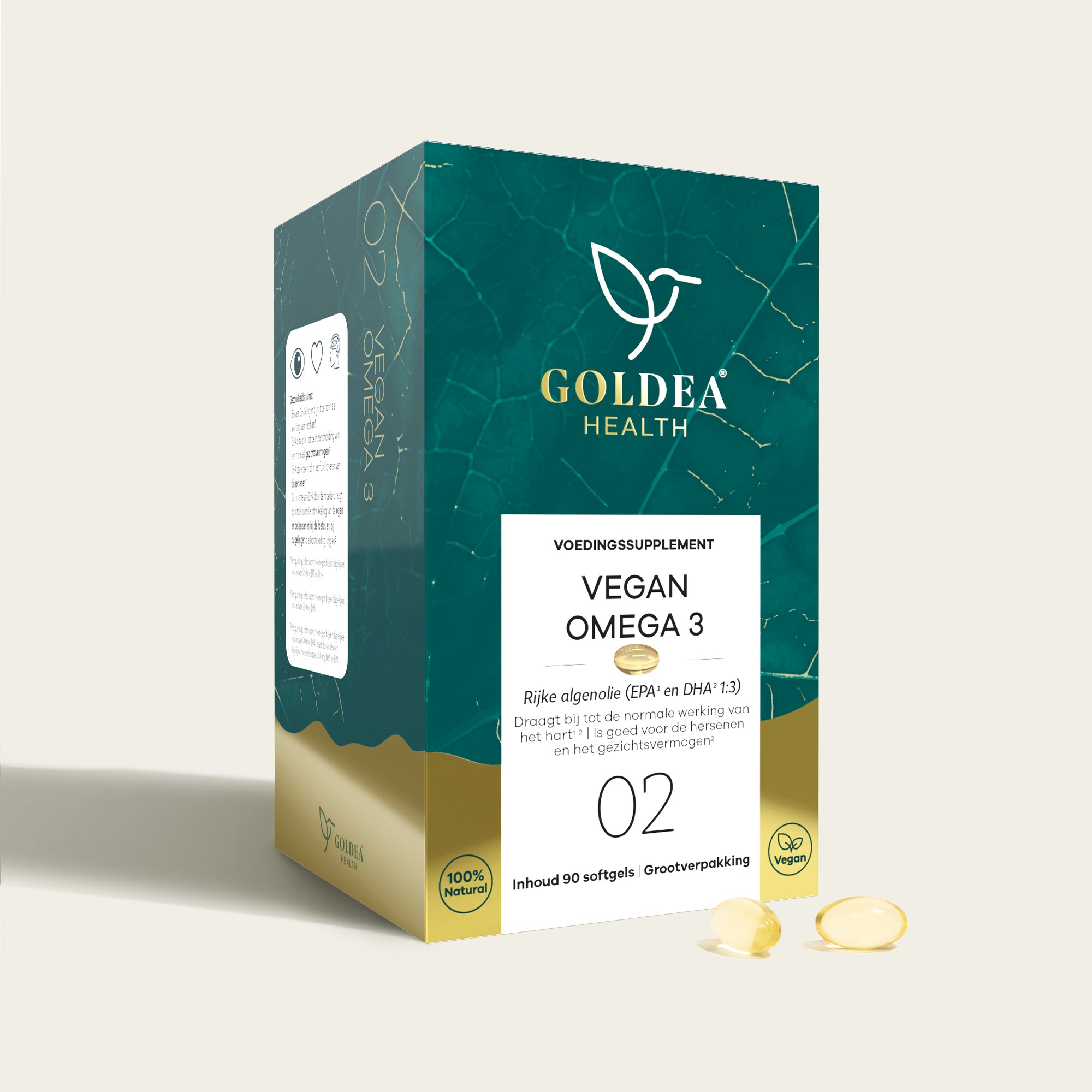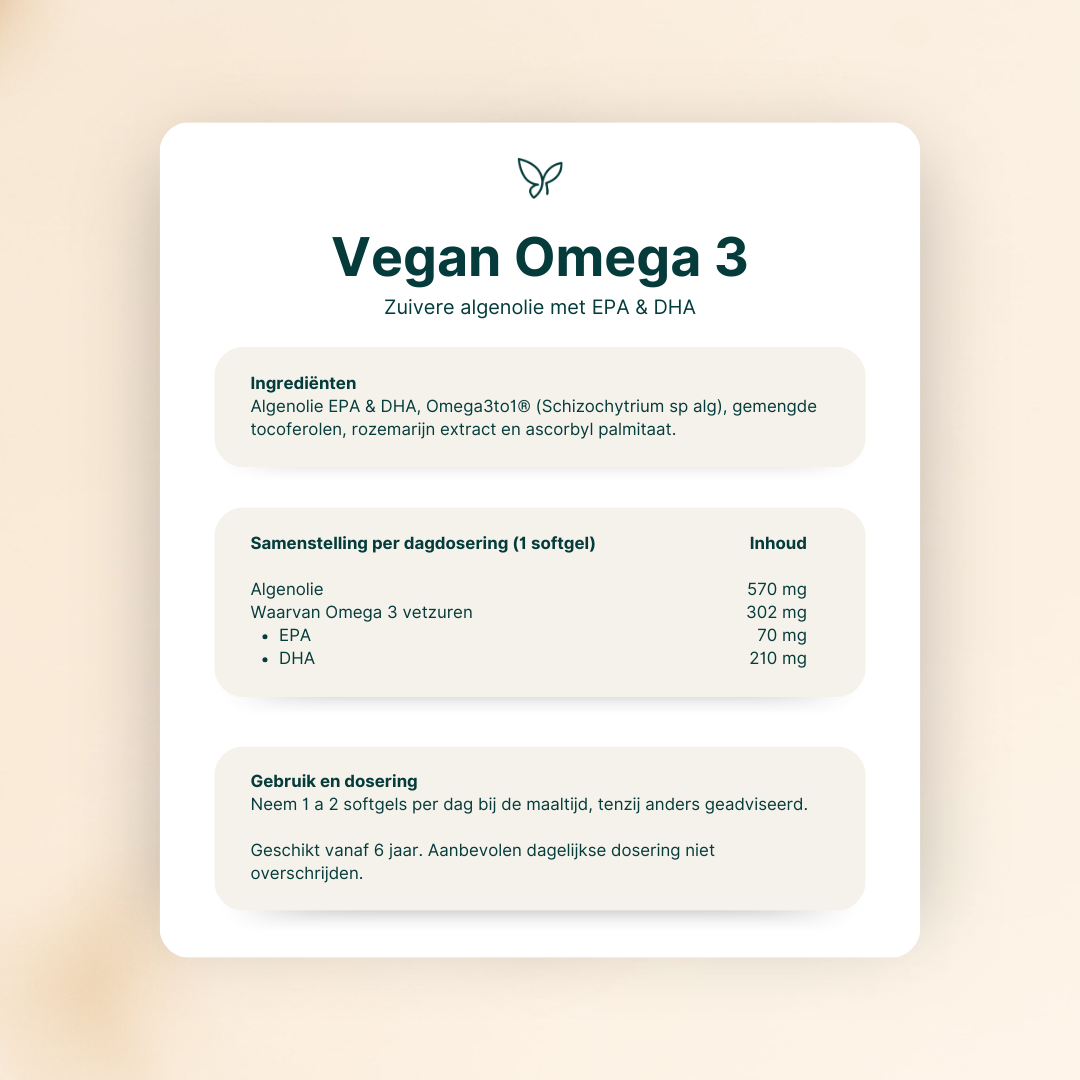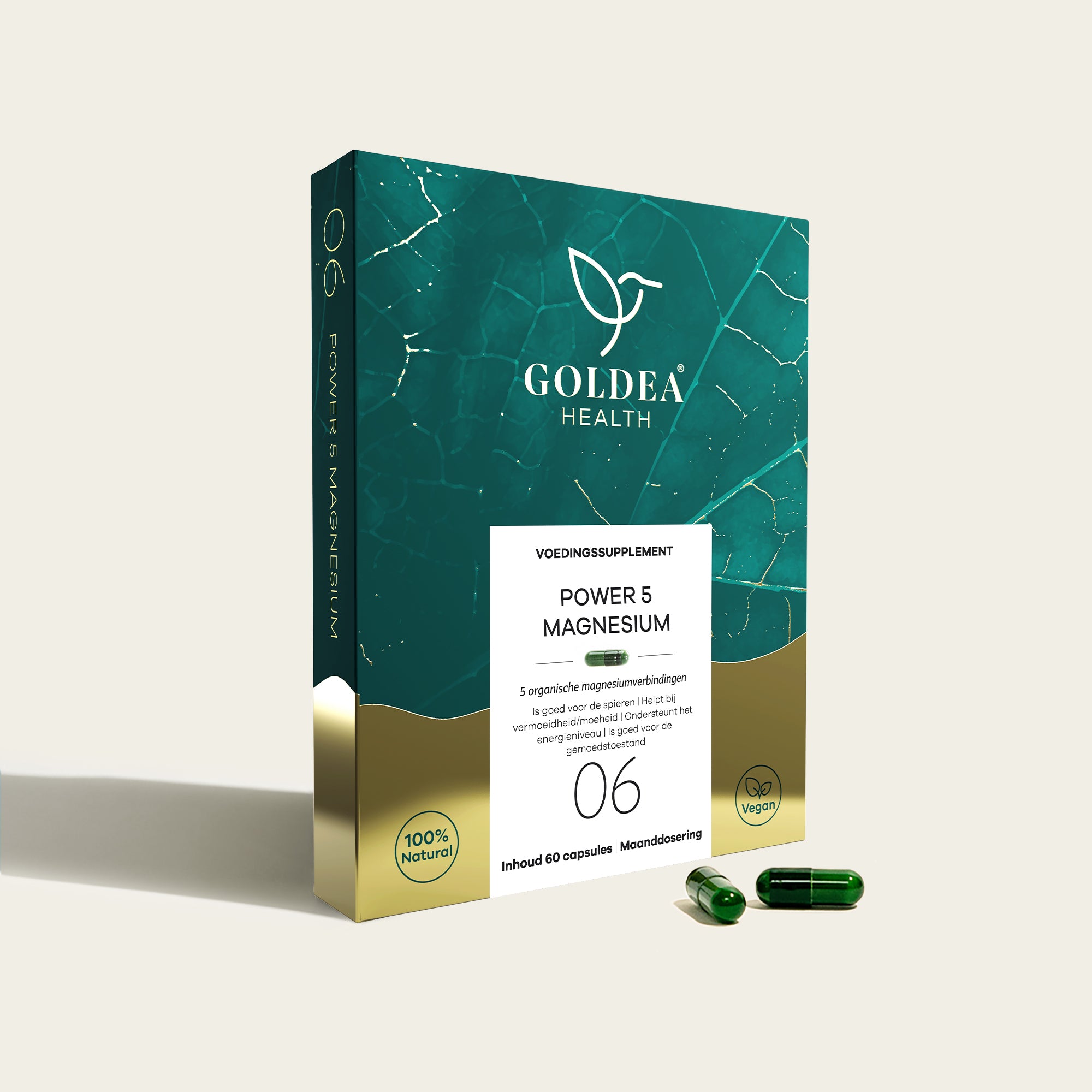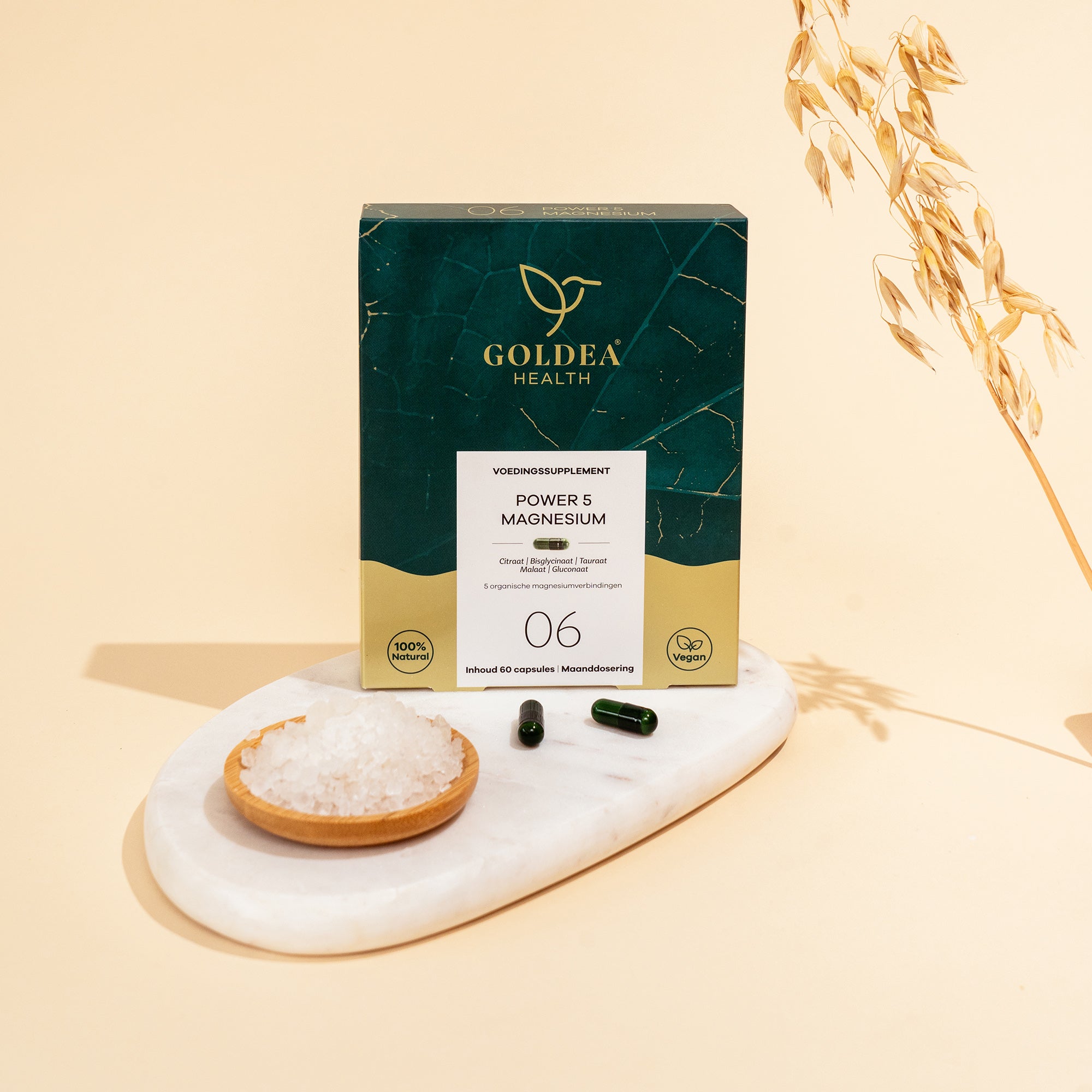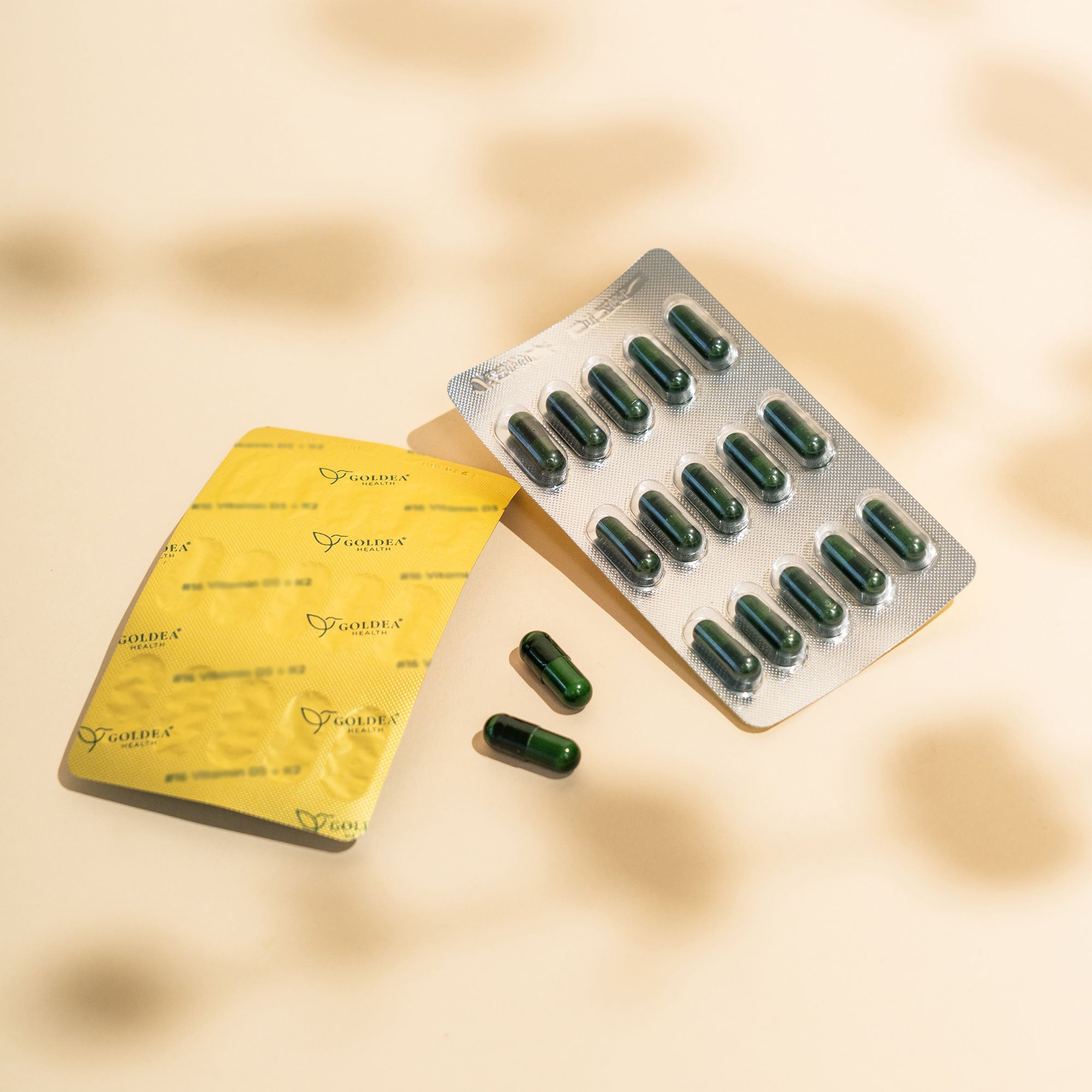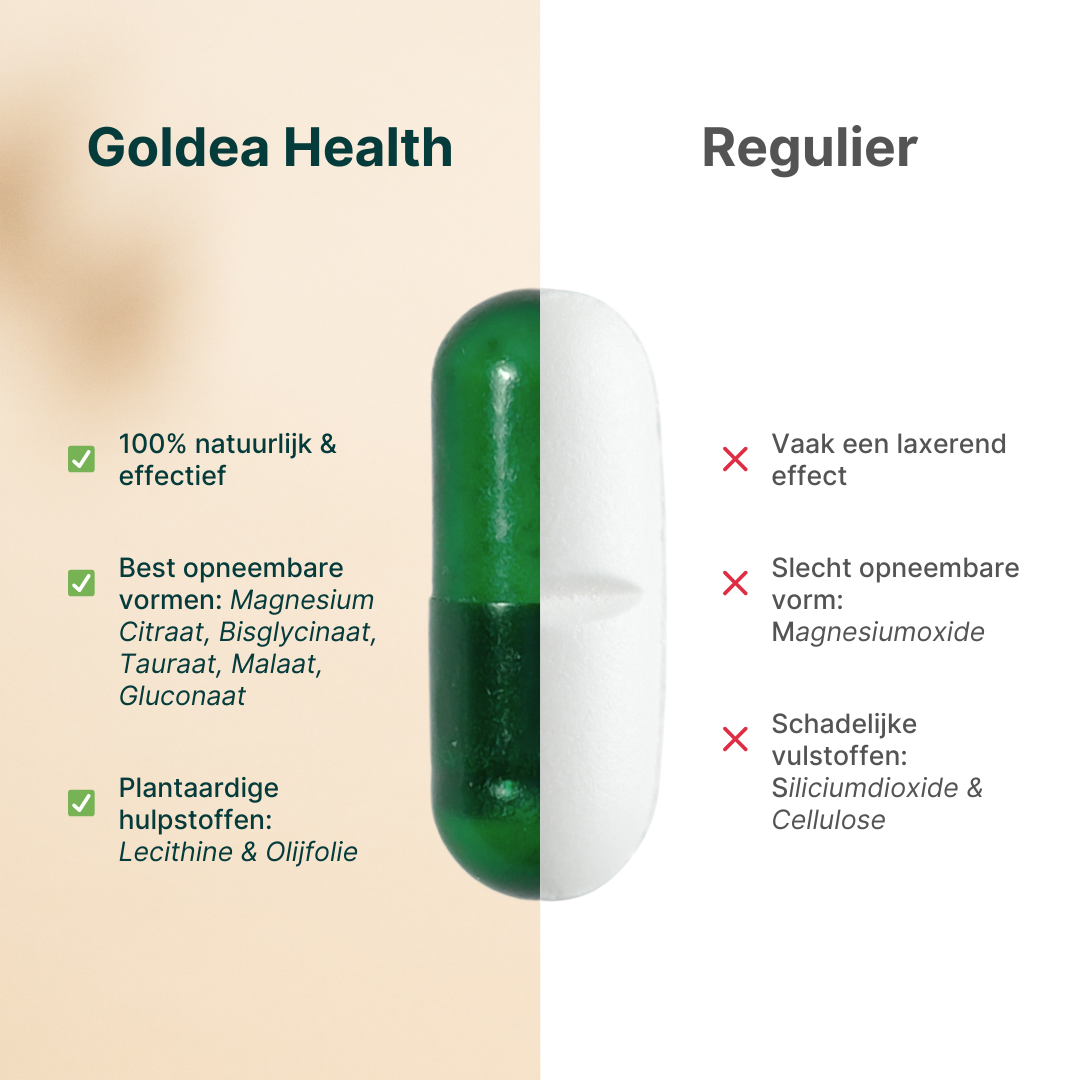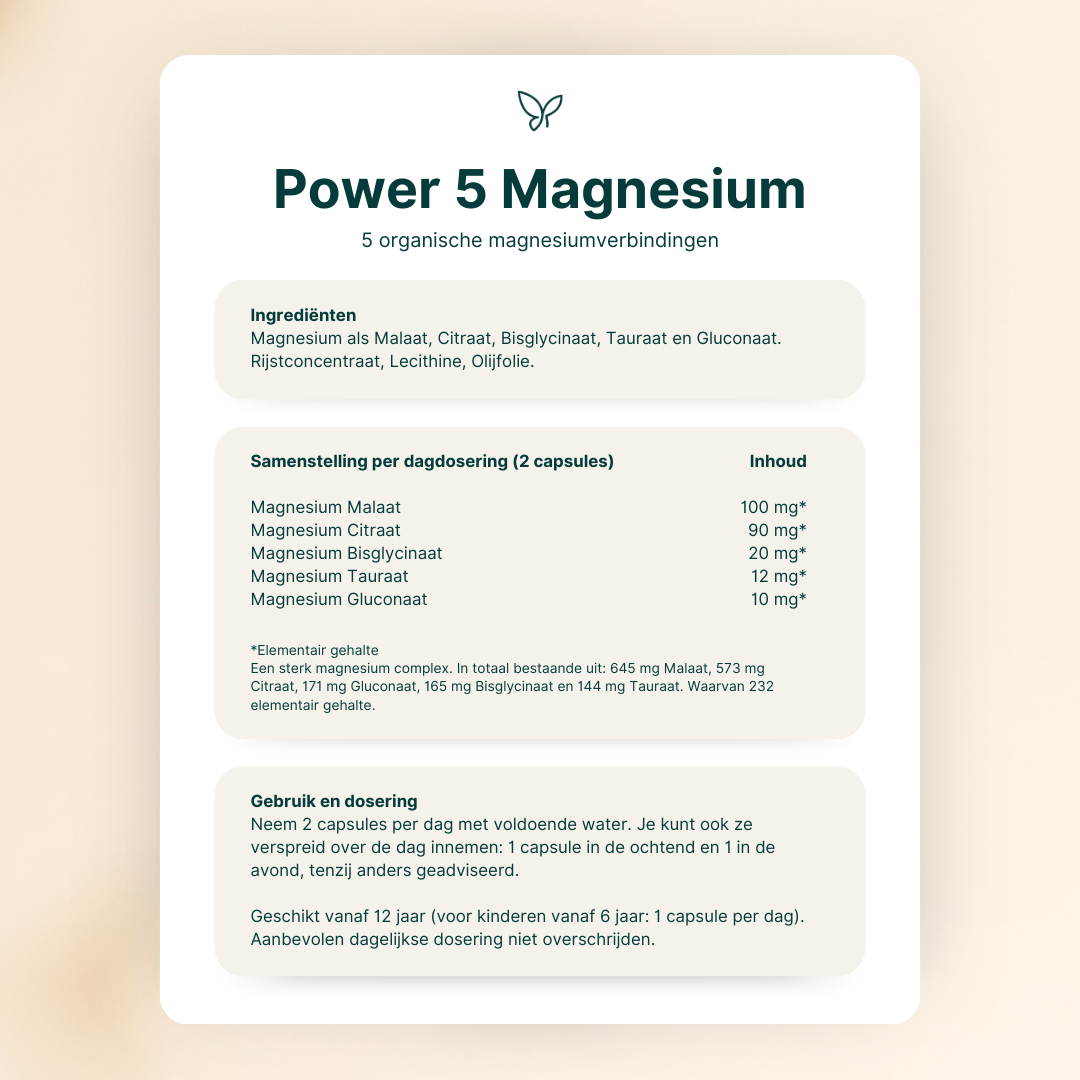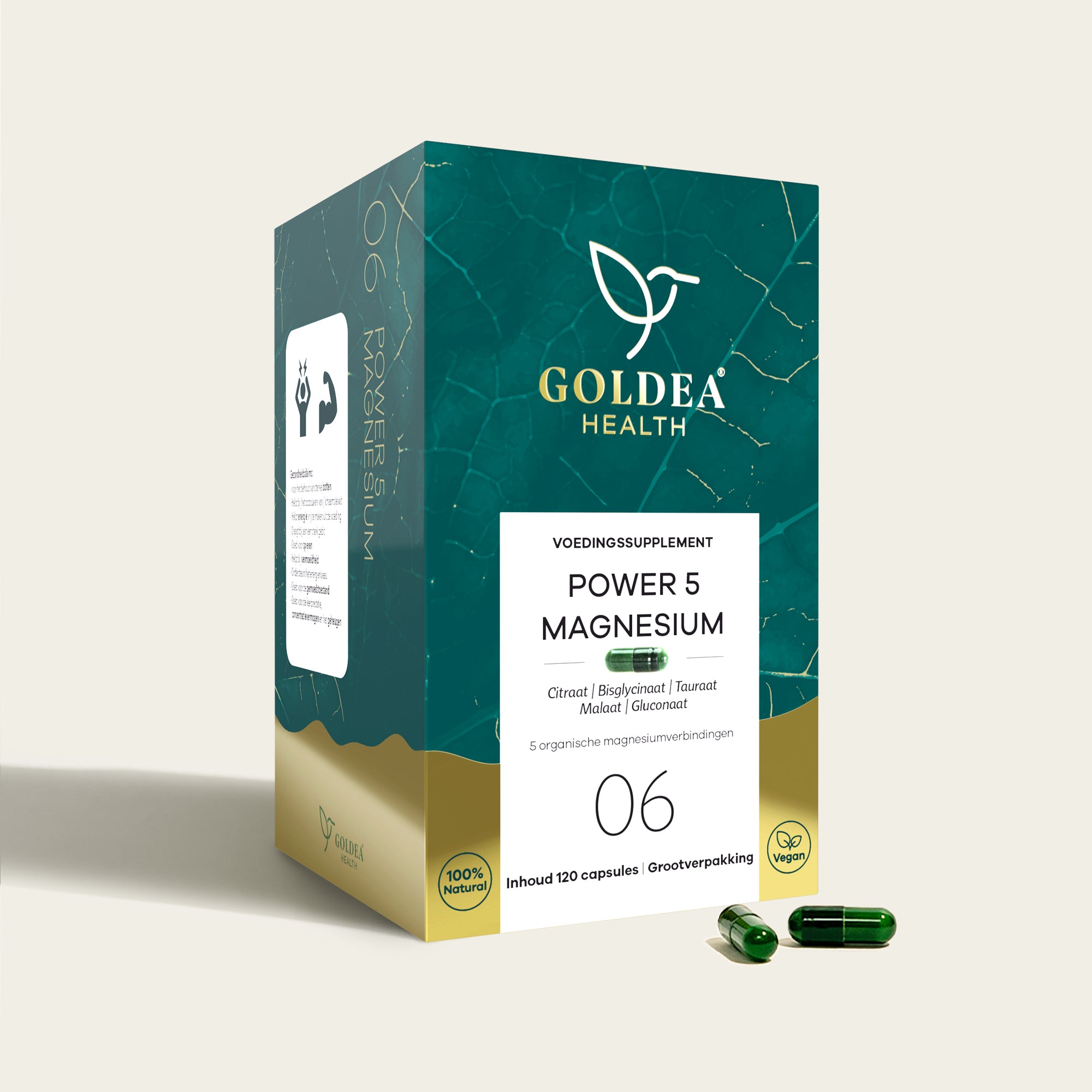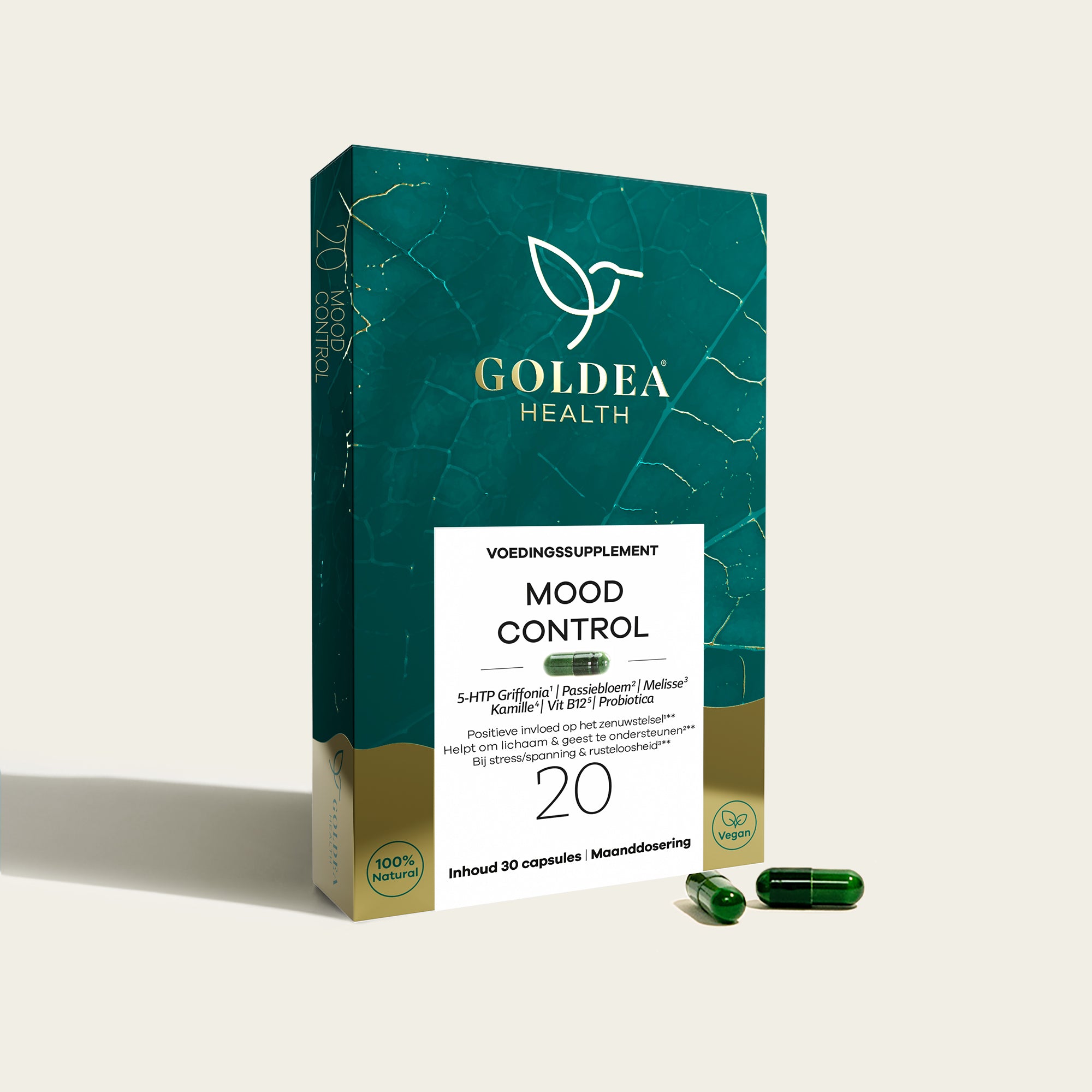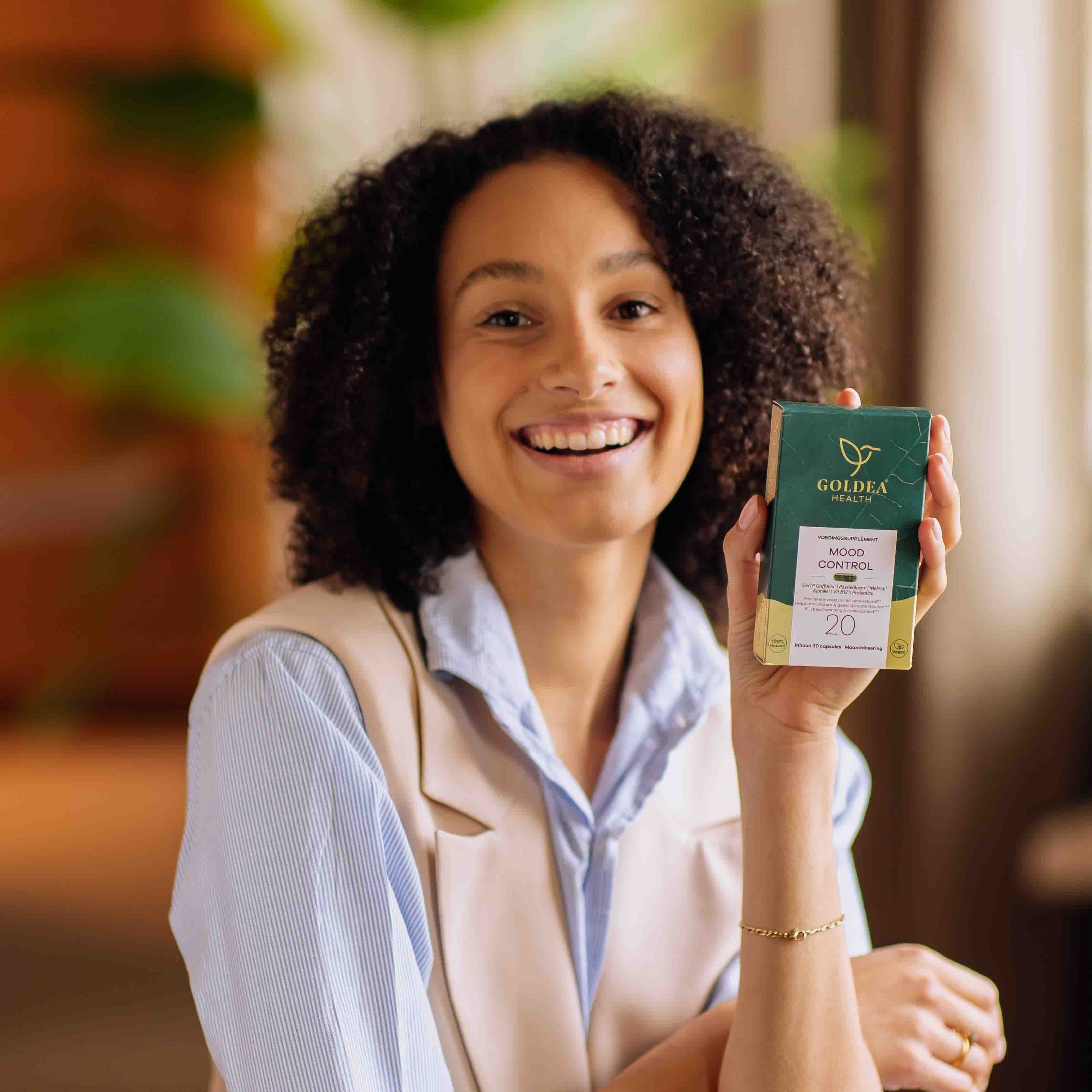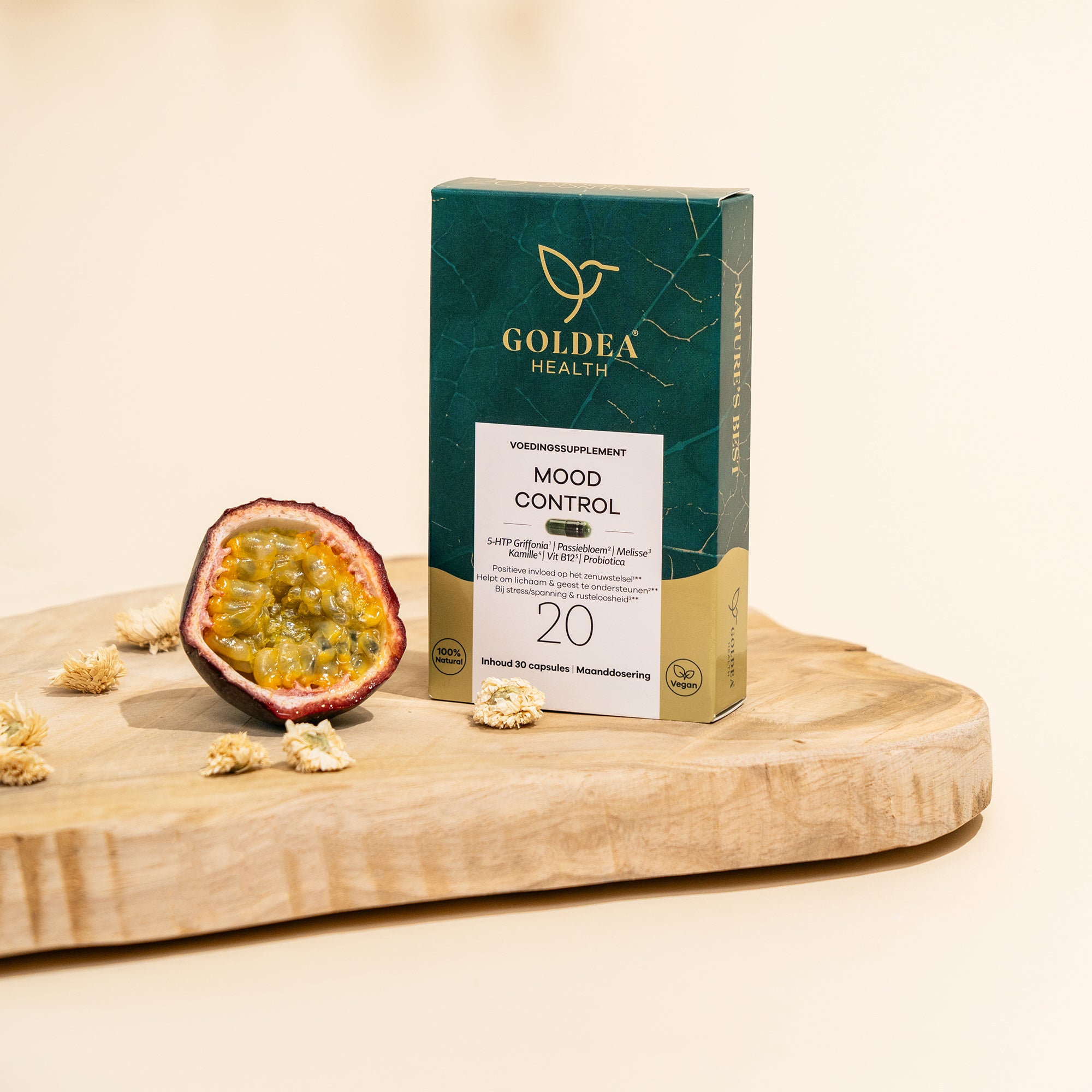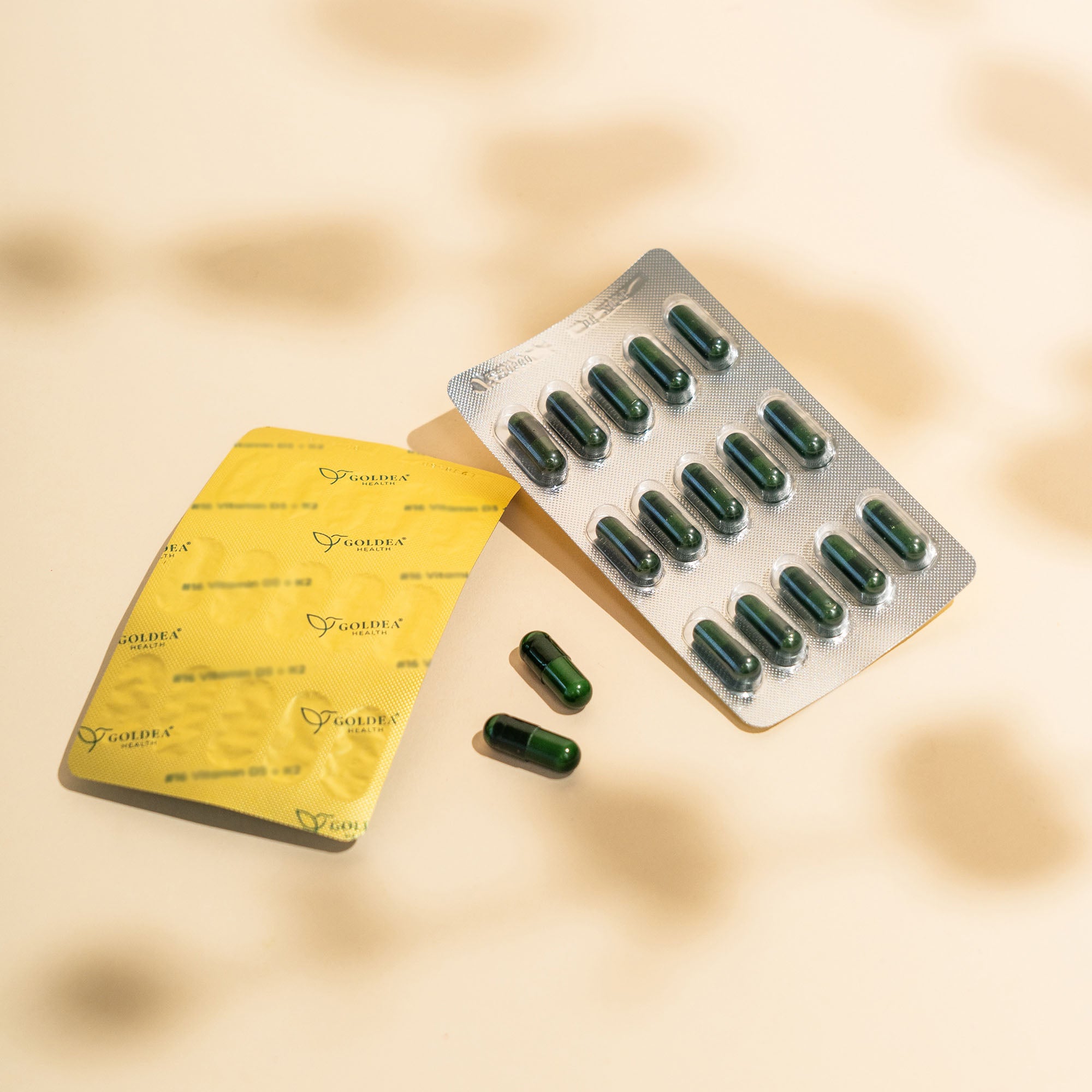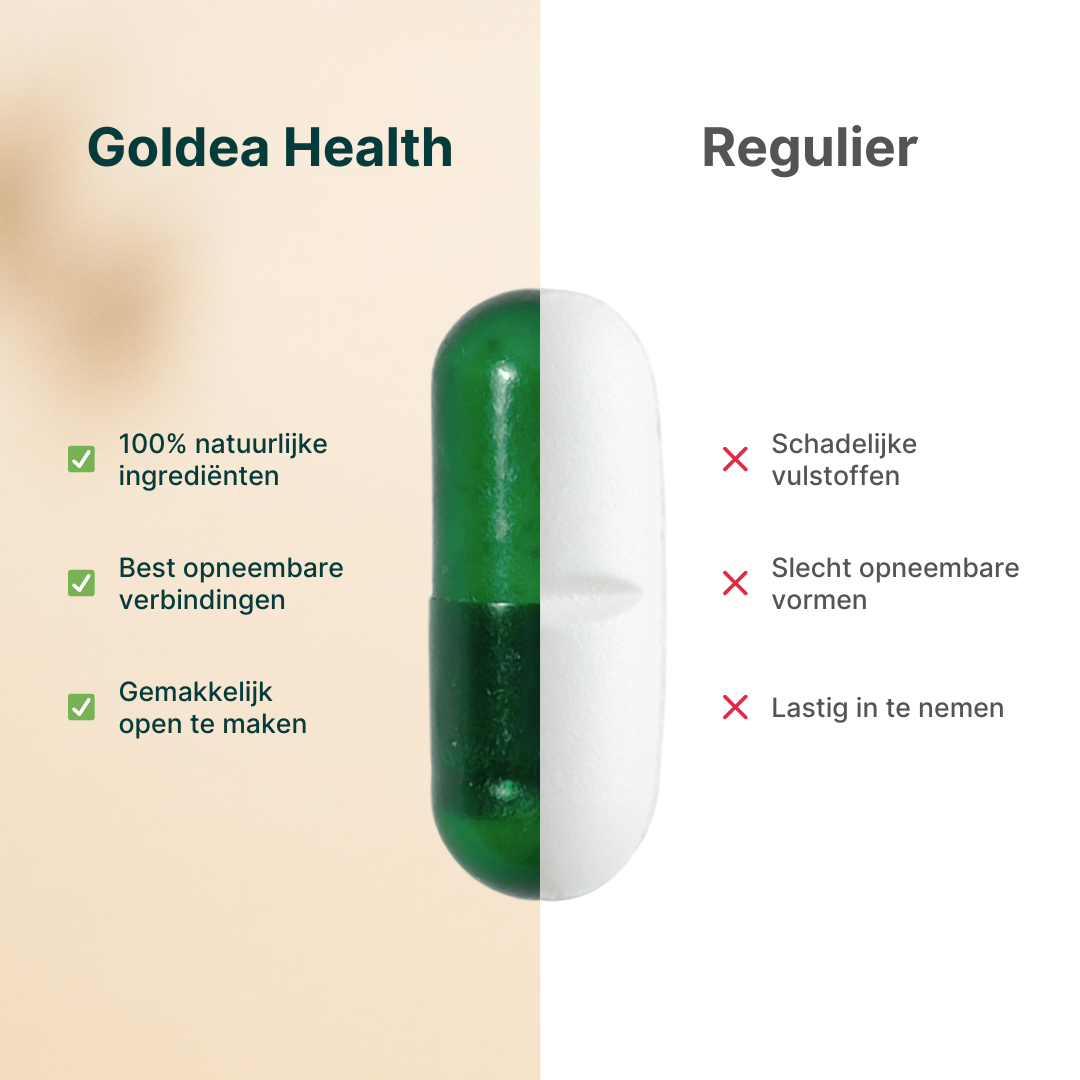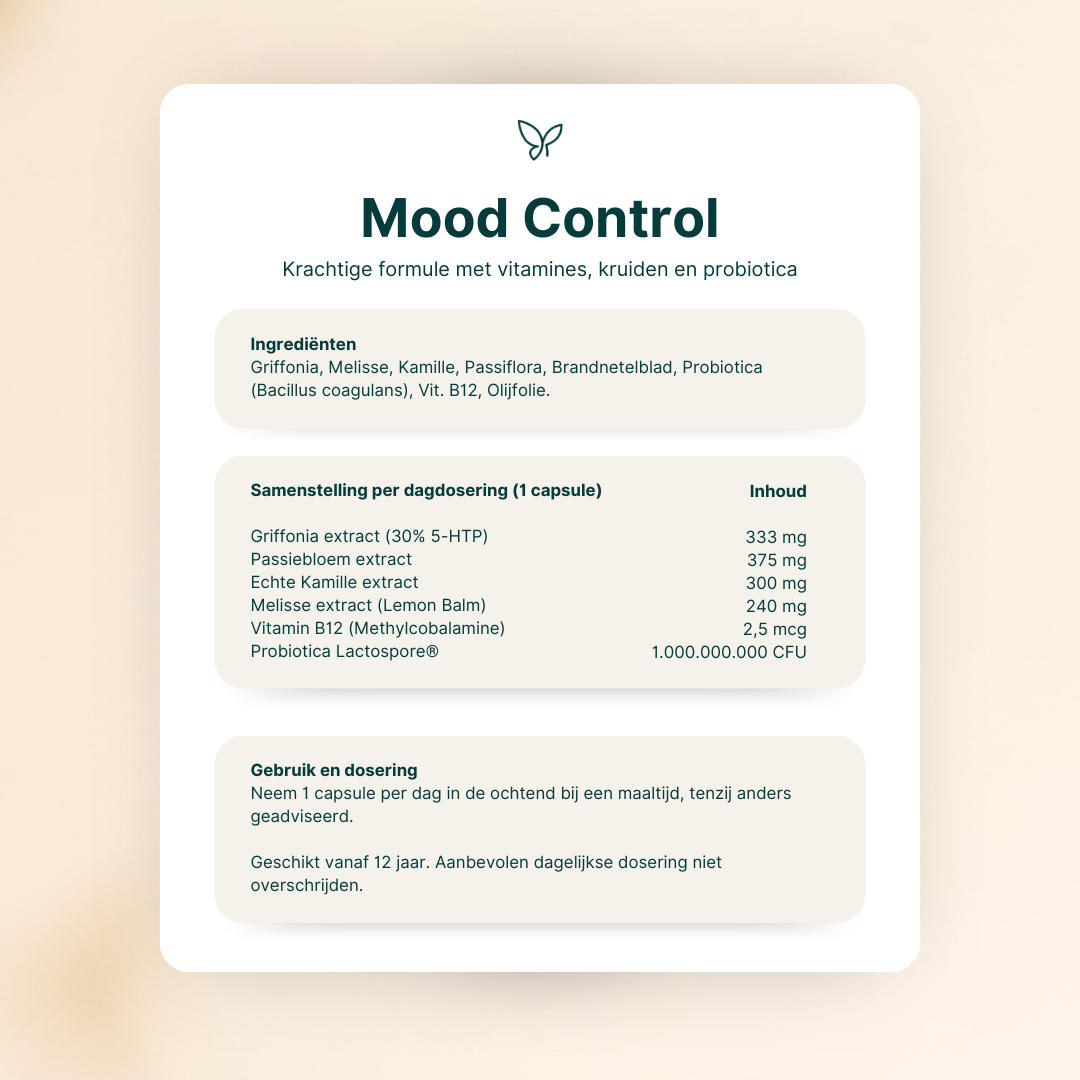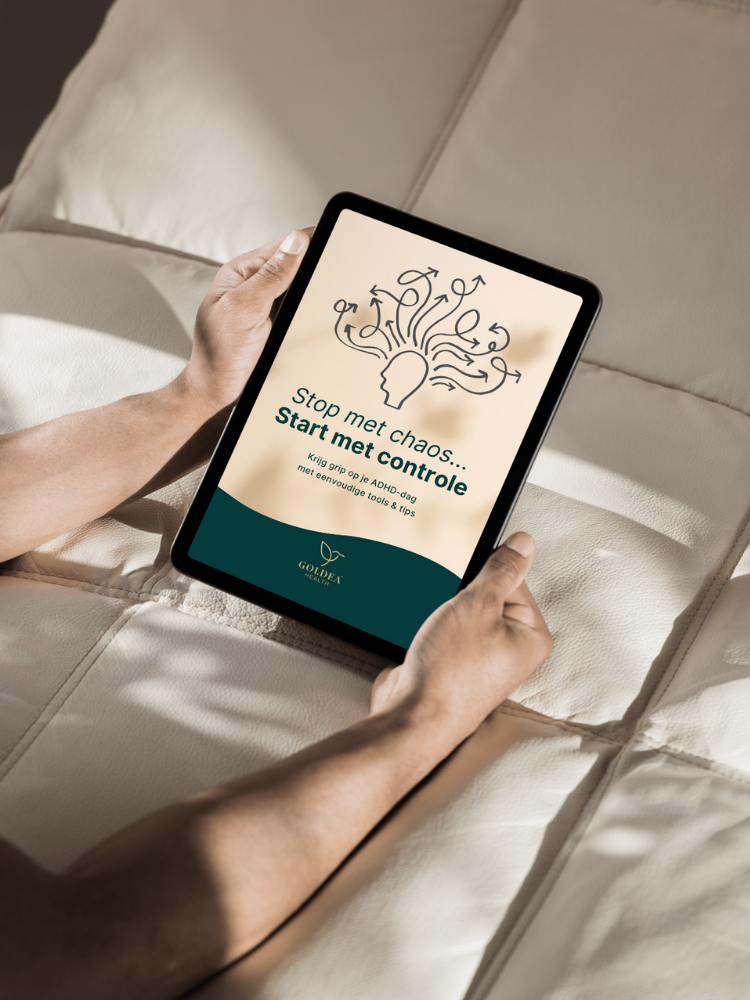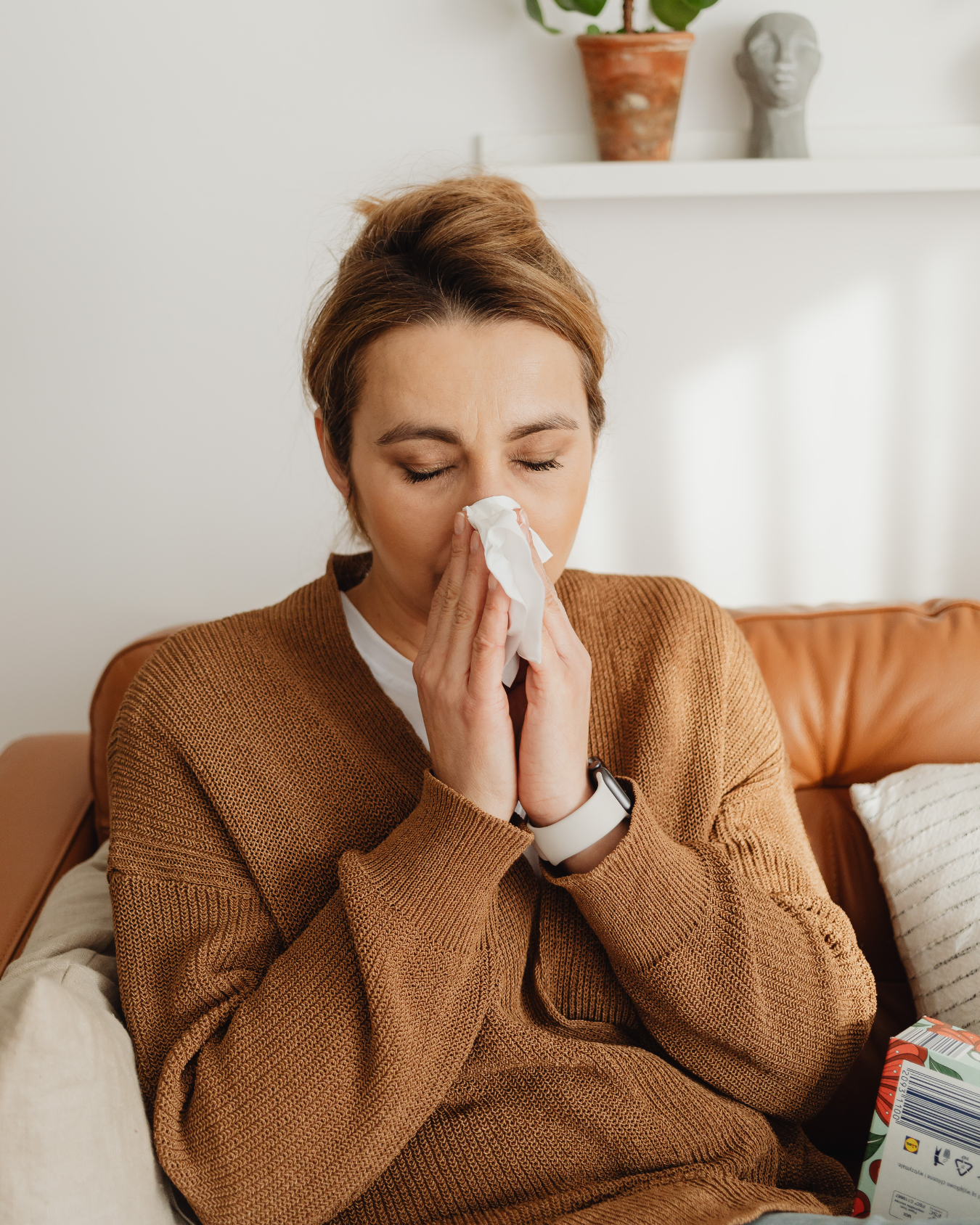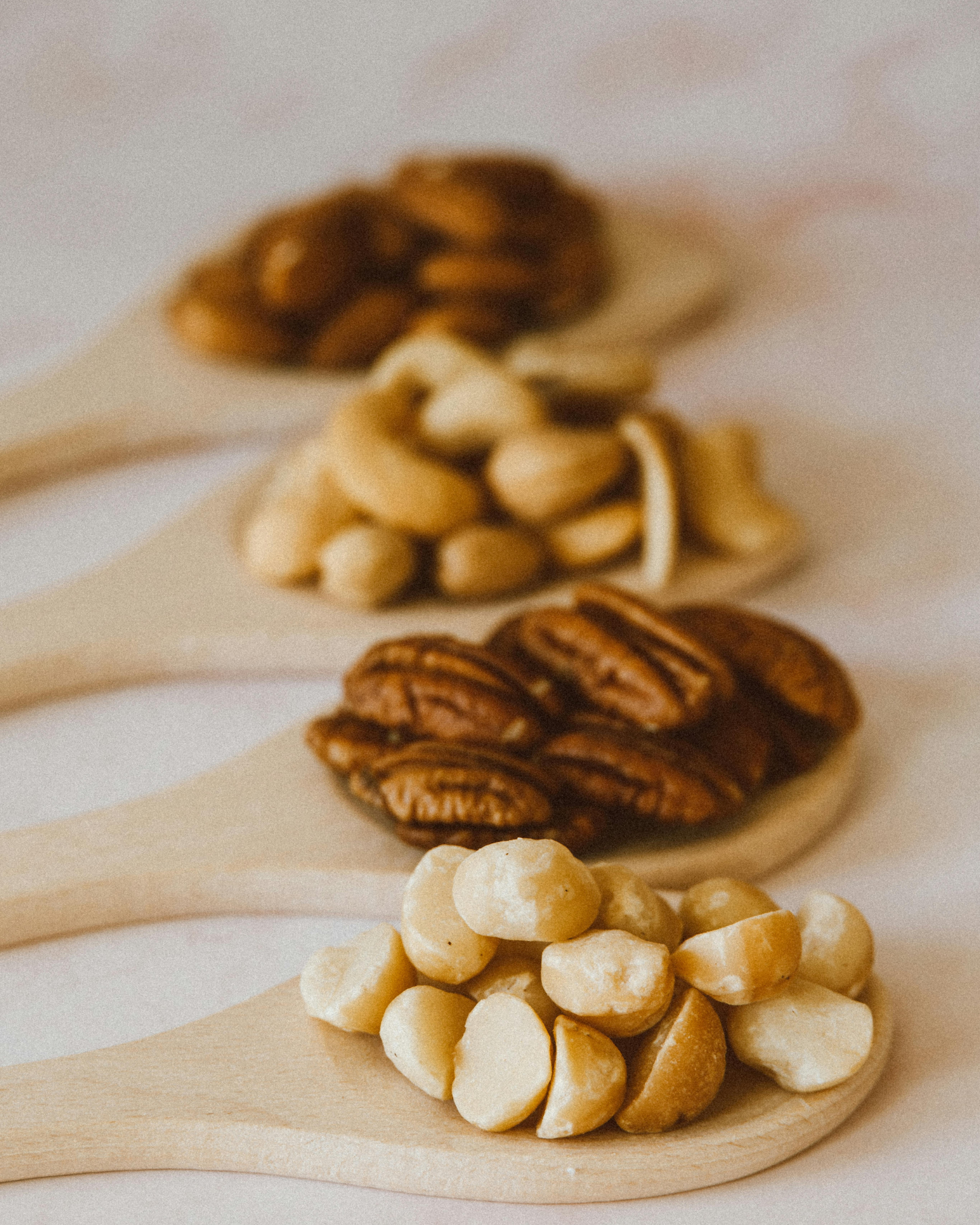Nieuw bij Goldea? 15% kennismaking met code: FRESHSTART15
Reading time: 5 minutes
Today we're going to talk about a topic of interest to many: natural alternatives to Ritalin in the treatment of ADHD.
This is a topic we believe deserves much more attention! In the maze of mental health awareness, ADHD is a term often heard, but not always fully understood.
It's like a puzzle piece that most of us recognize, but whose contours often remain vague. It's time to solve this puzzle and break the stigma surrounding ADHD.
What is ADHD in short?
ADHD stands for Attention Deficit Hyperactivity Disorder. Your brain responds differently to stimuli. Not better or worse, just differently. A diagnosis presents challenges not only for the individual, but also for those around them. Increasing knowledge about this condition is essential for a better understanding of how to manage it, both for the individual and their loved ones. This allows you to make the right choices. So, let's delve deeper into the core of ADHD, its key characteristics, common misconceptions, and valuable advice and alternatives to Ritalin.
Characteristics of ADHD
A crucial misconception about ADHD is that it's all about hyperactivity. While it's often associated with excessive activity, this isn't true for everyone living with the condition.
- Attention problems: – Difficulty initiating and completing tasks – Being chaotic and forgetful – Poor at planning, organizing and choosing
- Hyperactivity: – Difficulty sitting still – A feeling of inner restlessness – Difficulty relaxing or always having to be busy
- Impulsiveness: – Emotional outbursts and mood swings – Having no filter; saying what you think – Impatience
Ritalin:
Ritalin, a name that sounds familiar to many of us. It's one of the most common medications prescribed for ADHD, but let's be honest—is it really the best medication?
We cannot deny the side effects:
- Insomnia
- Weight loss
- Stomach complaints: nausea, vomiting, abdominal pain
- Headache
- Anxiety: nervousness, restlessness
- Palpitations/heart problems
- Psychological side effects: hallucinations, paranoia, aggression or depression
- Allergic reactions
And yet there are also natural alternatives...




